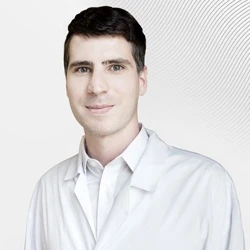Late-life mental disorders
An increase in average life expectancy has led to a change in the age structure of the population, manifested in an increase in the proportion of elderly and senile patients and, accordingly, elderly patients who exhibit certain somatic disorders, as well as severe mental disorders.
Gerontological mental disorders:
-
schizophrenia
-
bipolar affective disorder
-
epilepsy
-
symptomatic and organic psychoses.
Mental disorders of late age are usually divided into diseases of "organic" origin, which arise on the basis of a certain destructive process and lead to dementia (dementia), and "functional" (reversible and, as a rule, not leading to severe dementia) disorders.
Treatment of late-life mental disorders in EMC
The treatment of affective (manifested by disorders such as depression or manic states) and delusional (manifested mainly by delirium) senile psychoses does not differ from the psychopharmacotherapy of similar conditions in other mental illnesses. At the European Medical Center, we use combined treatment with antipsychotics and antidepressants. Depending on the patient's condition, treatment can be initiated with the use of antipsychotics and, upon achieving a reduction in the patient's anxiety–delusional arousal, it is possible to use antidepressant drugs.
If a patient with affective and affectively delusional senile (senile) psychosis is insensitive to psychotropic drugs, it is possible to prescribe so-called electroconvulsive therapy (ECT), in the absence of contraindications. Since ECT is ineffective in delusional forms of senile psychosis, treatment with antipsychotics is used.
Psychopharmacological treatment of mental disorders of late age is carried out in a multidisciplinary hospital of the European Medical Center, where patients are provided with comprehensive support and treatment – a full somatic examination is performed, round-the-clock monitoring of the patient's condition during therapy is provided and complications are prevented.
Parkinson's disease is a degenerative–atrophic brain disease that manifests itself at a late age and is often accompanied by mental disorders. The most effective treatment for movement disorders used today for the treatment of Parkinson's disease is L-DOPA, but the drug has side effects (approximately 50% of patients may have mental disorders such as confusion, psychomotor agitation with anxiety, agitation, drowsiness, increased depression). The appointment of L-DOPA follows after a thorough assessment of the patient's mental state and treatment begins with small doses, which gradually increase. When psychotic disorders occur, along with a gradual decrease in doses of Antiparkinsonian drugs (up to temporary withdrawal) and detoxification therapy, small doses of psychotropic drugs may be prescribed.
Alzheimer's disease is an atrophic brain disease that manifests itself mainly in pre–adolescence, which leads to dementia and is accompanied by disorders of higher nervous activity. The prognosis of this disease is unfavorable and today there are no proven effective methods of its treatment. In the later stages of the process, patients usually need to be hospitalized in psychiatric hospitals or placed in neuropsychiatric boarding schools.
Senile dementia is the most characteristic mental illness of senile age with a progressive breakdown of mental activity, culminating in total dementia in most cases (a decrease in all intellectual functions). Some foreign psychiatrists consider senile dementia to be a kind of completion of the physiological process of brain aging, inevitable in old age. With physiological aging, there is also a decrease in the level of mental activity, reminiscent of the initial symptoms of senile dementia. Proper care and symptomatic therapy are important for the fate of such patients. At the initial stage of the disease, patients are recommended to be left in a familiar home environment (if their condition allows). Transfer to an unusual (including hospital) environment can worsen the course of the disease. Patients are hospitalized only for special indications (helplessness, lack of care, danger to themselves and others).
There is no convincing evidence indicating the effectiveness of the treatment of senile dementia with nootropic drugs, and therefore such therapy can be recommended only in the initial stages of the disease, as well as when senile dementia is combined with atherosclerosis of the cerebral vessels. Psychotropic drugs in very small doses are indicated only in cases of severe agitation of the patient, persistent insomnia or psychotic disorders.
Why the EMC
The first and only clinic in Russia, created in the image of the world's leading clinics
EMC is a multidisciplinary center offering patients a high level of medical services and a personalized approach
Worldwide recognition and awards
 Learn more
Learn more
Worldwide recognition and awards
 Certificates and licenses
Certificates and licenses
Make an appointment for a consultation
Specify your contacts and we will contact you to clarify the details
and new products of the EMC
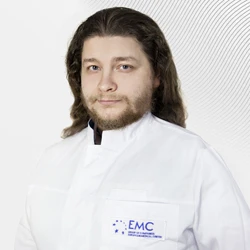
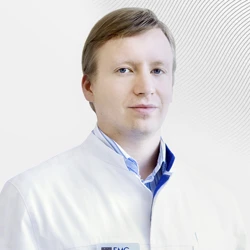
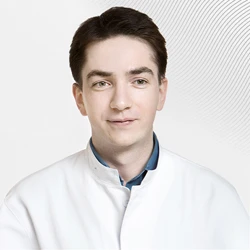
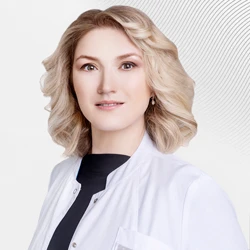
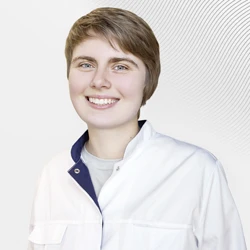
.webp)
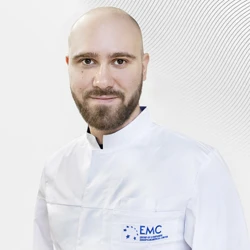
.webp)
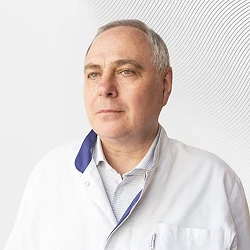

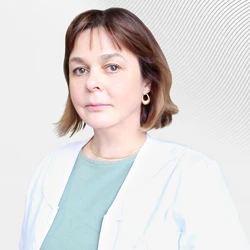
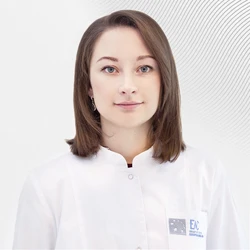
.webp)
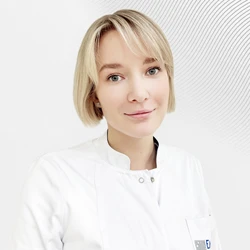
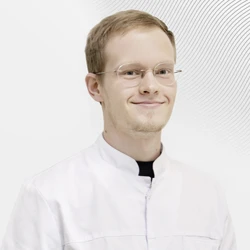
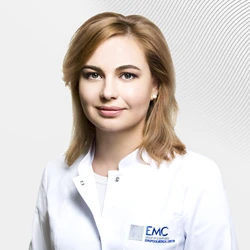
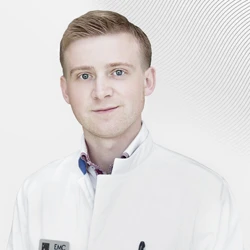
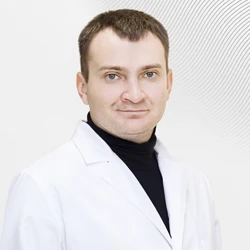
.webp)
